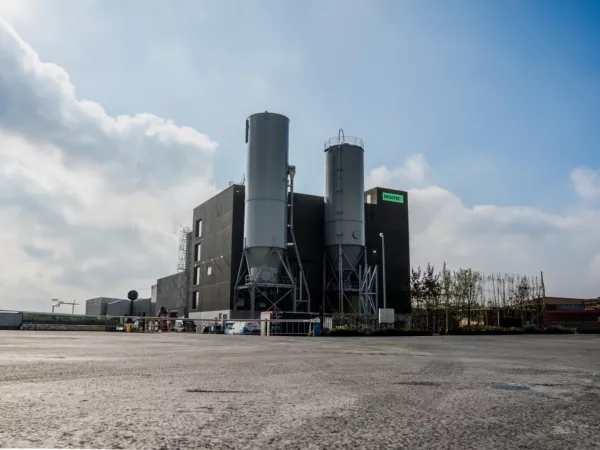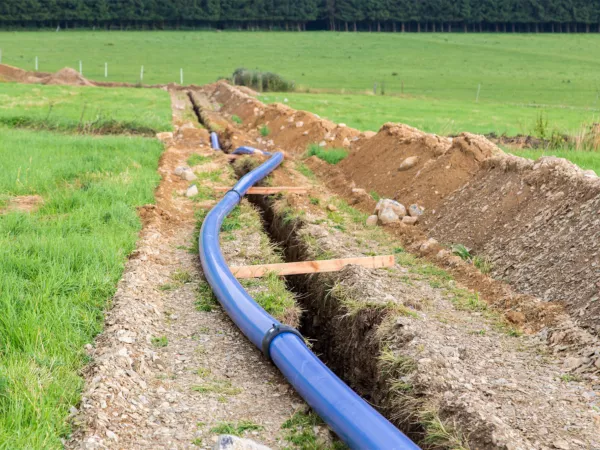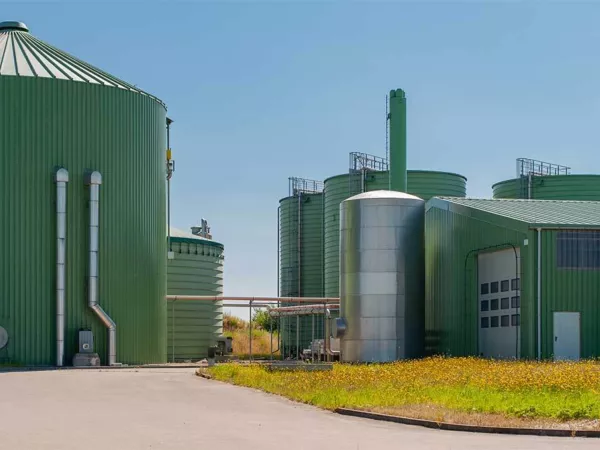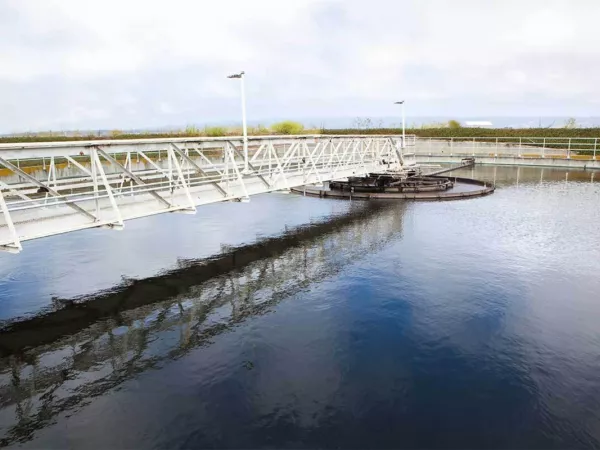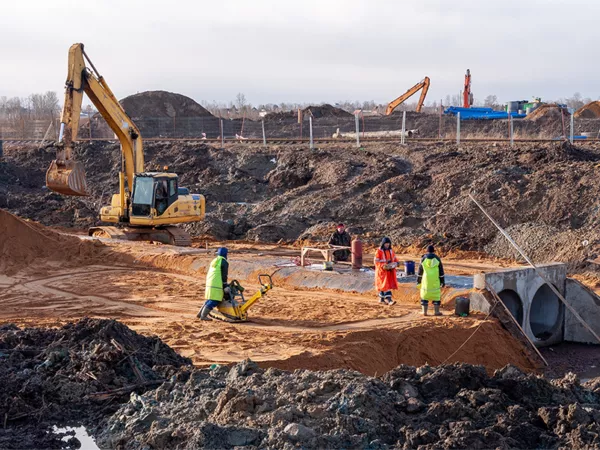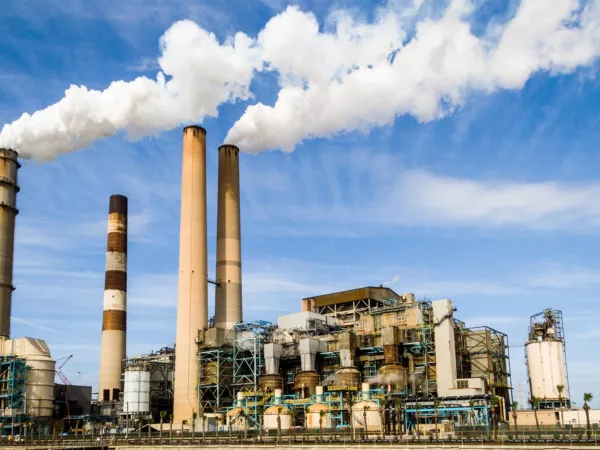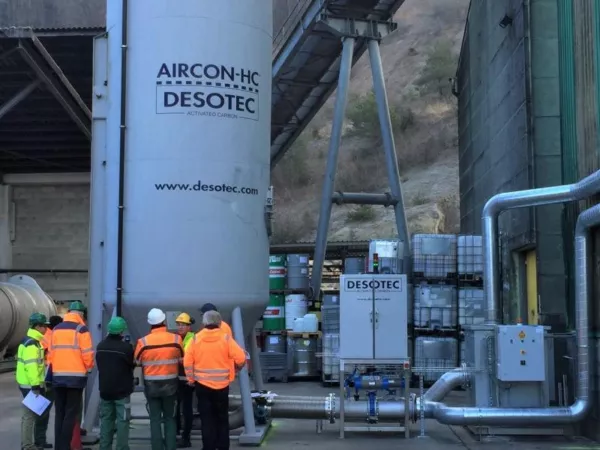Innovative biogas solution: closing the loop on high sulphur loaded activated carbon
May. 07, 2024
English
Circular solutions play a crucial role in addressing environmental challenges and ensuring long-term viability. The biogas industry can minimize waste...
Read more
